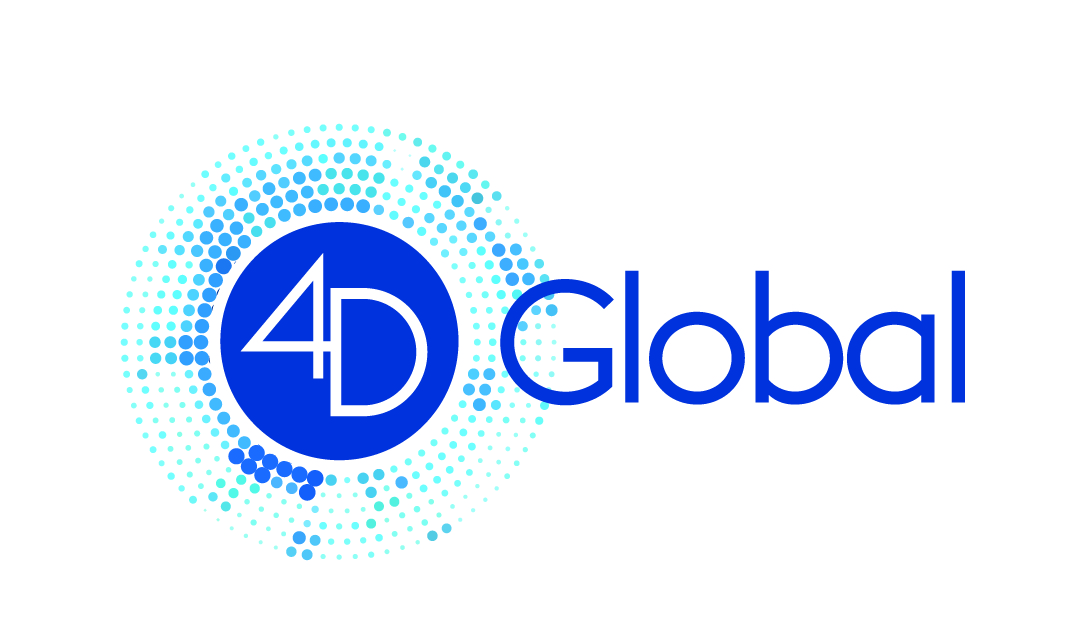
The Office of the Inspector General (OIG) and Department of Health and Human Services (HHS) invited recommendations and proposals from the public on improving OIG Special Fraud Alerts and implementing safe harbor provisions. The latter comes under the Federal anti-kickback statute of the Social Security Act.
As per the existing Health Insurance Portability and Accountability Act (HIPAA), OIG is required to seek shareholder feedback on various issues like Special Fraud Alerts. It has to update safe harbor list from time to time. OIG’s safe harbor rules say whether individuals and entities who misuse the Federal health care programs be punished with criminal penalties or not.
According to the set rules, the offenders of the aforementioned category could be fined up to $25000, plus five years of imprisonment. Civil Monetary Penalties (CMP) is also imposed on the offenders.
The statute has a broad nature and therefore many have expressed their concerns whether harmless commercial arrangements would be considered as a breach of the rules and be subjected to criminal persecution. Taking these concerns into its consideration, OIG has now decided to update its punishment criteria every year, which means it would list down the safe harbor provisions and the business practices that can be excluded from the penal measures.
Despite its complicated nature, the anti-kickback statute has potentially reduced the number of suspicious business practices that includes referrals of business reimbursable under the Federal health care programs.
To help users get a clear picture of the statute, OIG has specified different scenarios where the statute can trigger penal measures and where the statutes do not lead to any actions.
Special Fraud Alerts
Another provision in the statute is about the special fraud alerts. Since the implementation of the statute, OIG has been issuing Special Fraud Alerts to the health care providers in the country. These alerts help the healthcare providers to stay updated about business practices that would potentially invite fraudulent charges.
The detailed report of all these is published in OIG’s Fall 2015 Semi-Annual Report. Officials at OIG said that it had no plan to introduce any new Special Fraud Alerts or additional dictates beyond those listed in the semi-annual report.
The anti kickback statute has direct impact on the medical billing sector as a huge number of medical reimbursement processes proceed through them. In turn, this will have an impact on medical billing services and the overall medical billing outsourcing process. Meanwhile, OIG said that it was thinking about modifying the safe harbor provisions.
